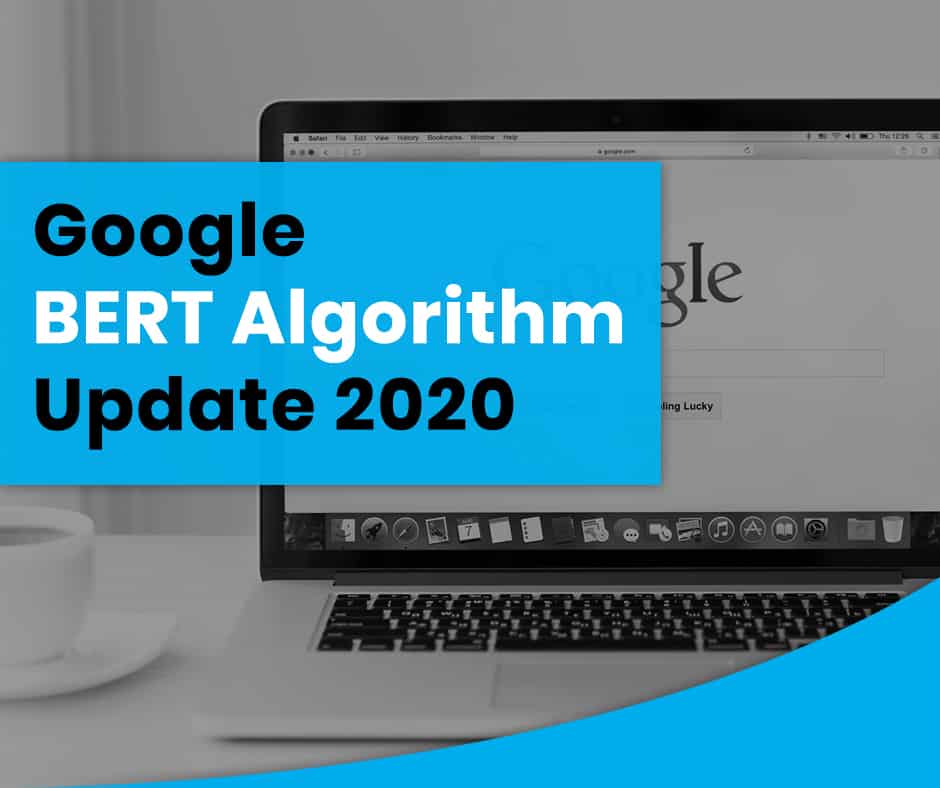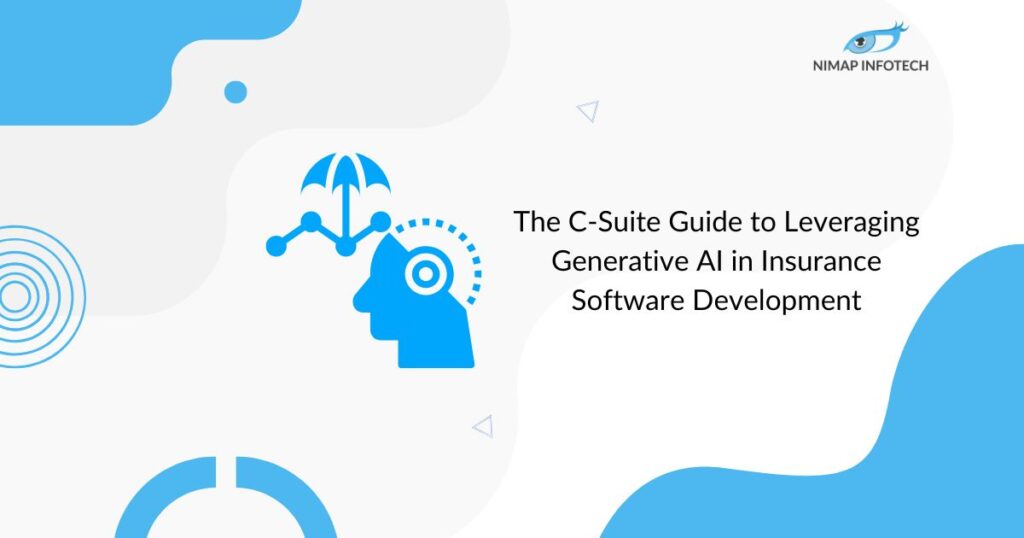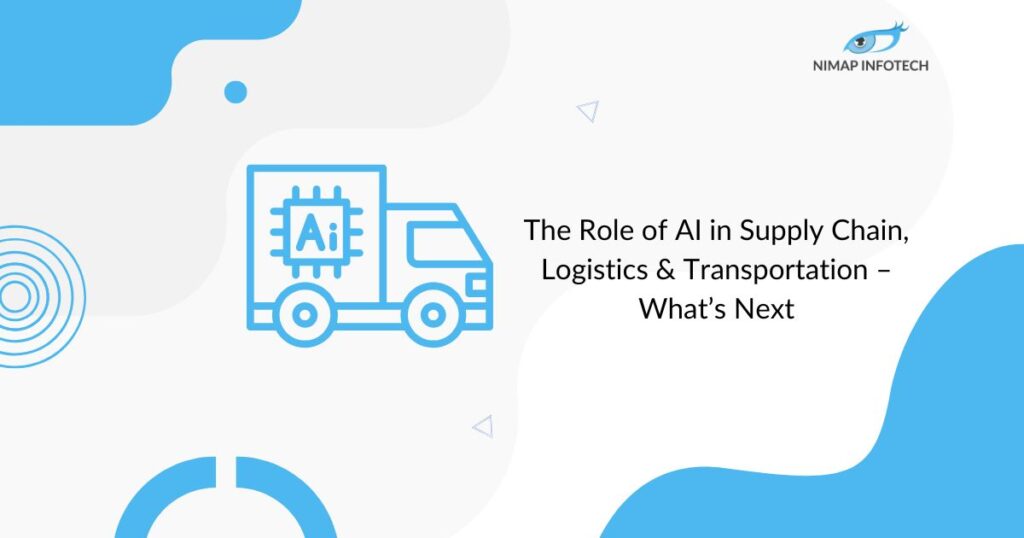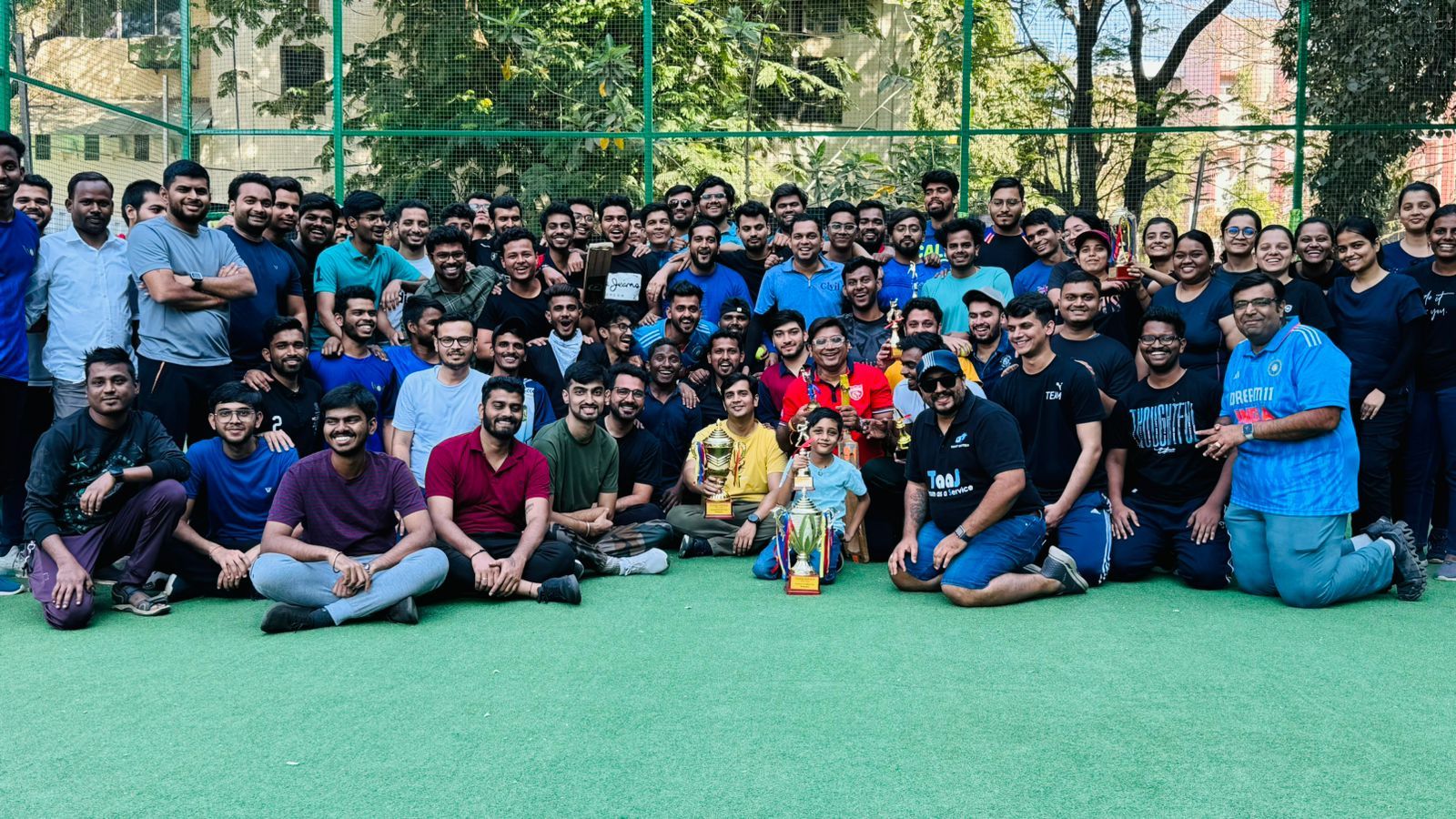Table of Contents
ToggleWhat is BERT?
BERT stands for Bidirectional Encoder Representations from Transformers. This is Google’s Answer for implementing Neural Network-based technique for Natural Language Processing (NLP) and pretraining it. The algorithm was designed using open source techniques. In short, BERT can help computers better understand the language like humans do.
When is BERT used?
According to Google, BERT helps to better understand the nuances and context of the words that are used for search queries and better match those queries with much more relevant search results. It is used for Featured snippets
In an example to illustrate how BERT is efficient in understanding search context and search queries, the search term “2019 brazil traveler to the USA need a visa”, the word “to” has an important relationship with the other words in the search query and it is essential for constructing the meaning derived from the search query, Without BERT Google would interpret the search query as follows “US citizens traveling to Brazil”. Using BERT Google is able to better understand the nuance that the search query provides and know that the word “to” plays an important role here in constructing the meaning derived from the search phrase and will be able to provide much more relevant results for the search query.
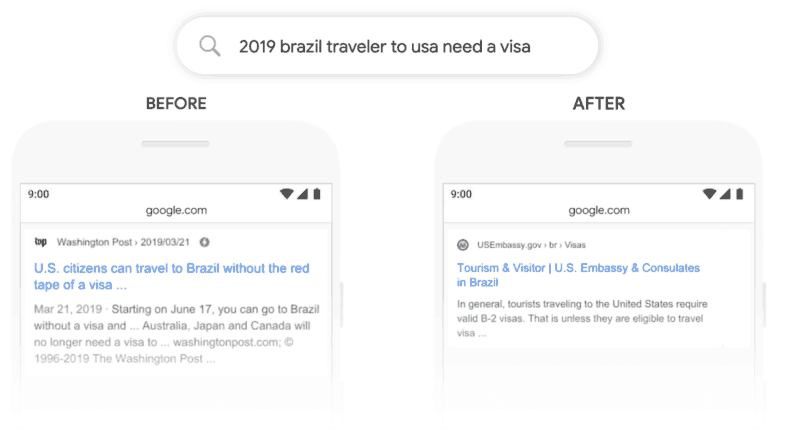
In a different example, consider the following search query “do estheticians stand a lot at work”. Previously Google would match the term Stand-alone with the word stand that is used in the query. The Google Bert Algorithm understands that the word “stand” used in the query is related to the physical demands that the job has, and in such cases delivers a much more relevant and useful response.
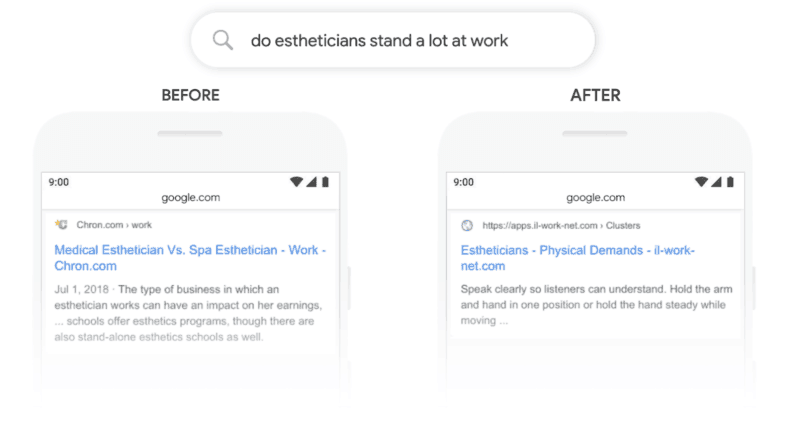 Let’s take another example, Google can now understand the query in a similar fashion that humans would understand in order to show a much more relevant search for “Can you get medicine for someone pharmacy”.
Let’s take another example, Google can now understand the query in a similar fashion that humans would understand in order to show a much more relevant search for “Can you get medicine for someone pharmacy”.
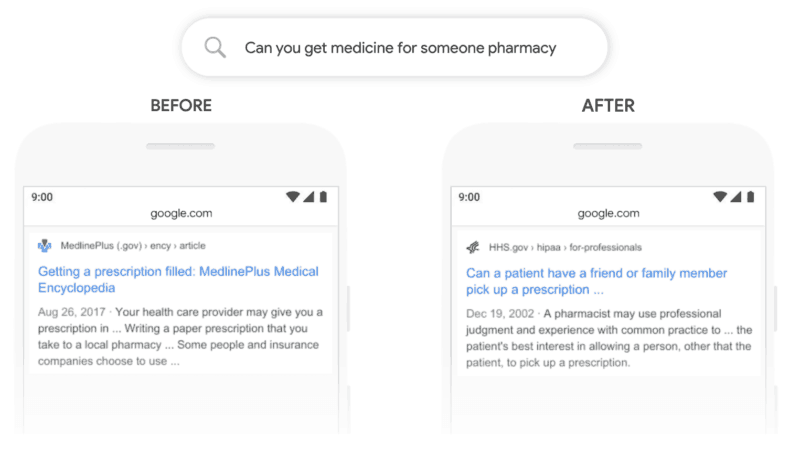
Featured Snippet Example:
Here is one example that shows a much more relevant featured snippet for the user query “Parking on a hill with no curb”. Before BERT, this search term would easily confuse Google’s systems. We used to place a high amount of importance on the word “curb” and would ignore the word “no”, and we did not understand how important would the word no be for the search query. So we used to return results for the query “Parking on a hill with a curb”

RankBrain is still being used and will continue to do so
RankBrain was Google’s first implementation for Artificial Intelligence for understanding user’s search queries in 2015. It looks at both the query and the content of the web pages in Google’s index in order to better understand all the meanings that a word has. BERT is not going to replace RankBrain. This is an additional method for understanding queries as well as the content. As far as RankBrain is concerned, it will continue to be used for some queries. But when Google thinks that a particular query can be better understood by using BERT, Google will use BERT for it. In fact, a single query can easily use multiple methods including BERT or RankBrain or both for better understanding the query.
How So?
Google explained that there are going to be a lot of ways that it can understand what the language used in your query actually means, and how it can relate to your content on the web. For example, if the user misspells a word, Google’s spelling systems can help you to find the right word for what you need. BERT is another signal that Google will be using to better understand the language that the user uses for search queries. Depending on what the user searches for, any one or a combination of these signals can be used by Google to understand your search query and provide much more relevant results.
Can you optimize for BERT?
It is highly unlikely. Google tells that SEOs cannot be really optimized for RankBrain. But this means that Google is getting better at understanding natural language. You just need to focus your attention on writing quality content for readers. This is just Google’s effort to understand the user’s query and matching it for providing relevant results.
Also Read: 10 Most Popular link building technique for SEO
Conclusion:
Google expect you that you write content for readers and do your job better in providing quality for your readers and users, You do not need to worry much about getting your content ranked as it will obviously do so if you provide value for your users and readers.
Author
-

Sagar Nagda is the Founder and Owner of Nimap Infotech, a leading IT outsourcing and project management company specializing in web and mobile app development. With an MBA from Bocconi University, Italy, and a Digital Marketing specialization from UCLA, Sagar blends business acumen with digital expertise. He has organically scaled Nimap Infotech, serving 500+ clients with over 1200 projects delivered.
View all posts
